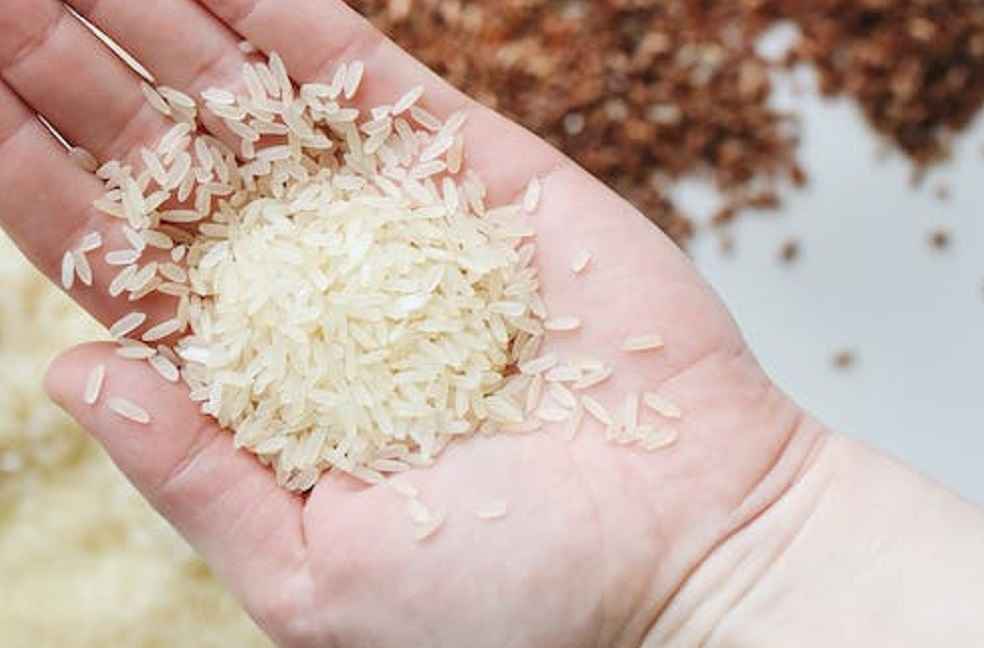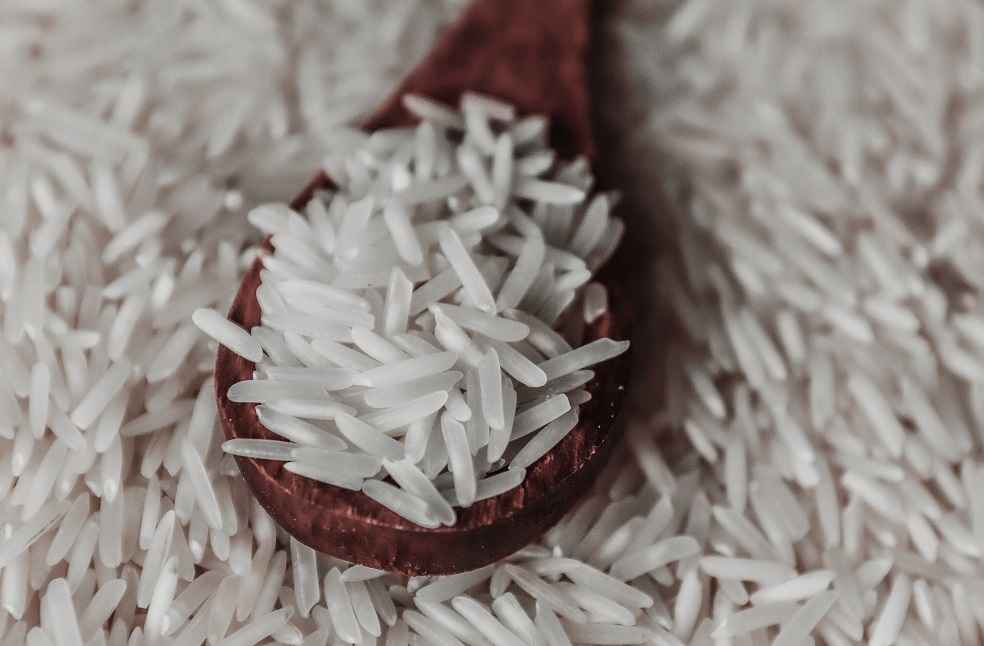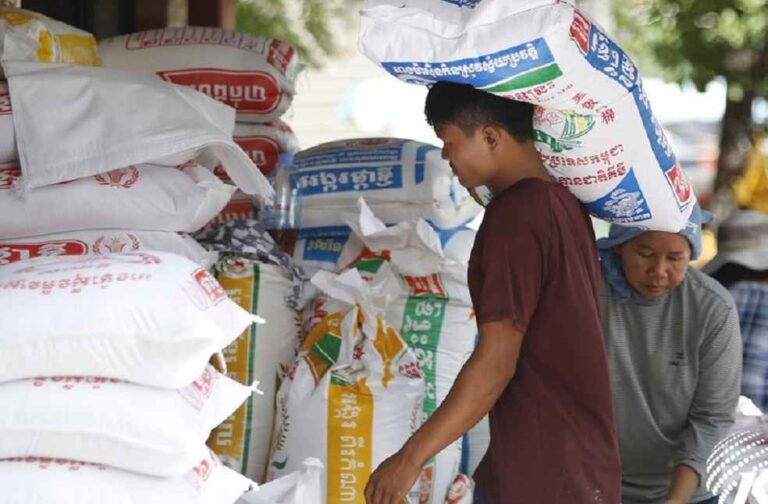Vietnam is ramping up its rice exports to Africa’s growing rice market to bolster trade ties. Despite past setbacks, the country is poised to meet rising demand, particularly for fragrant rice varieties, while countering competition from global players.
Africa: A Key Market
Africa has consistently been a significant export destination for Vietnamese rice, with trade growing from $411 million in 2017 to $692.6 million in 2021. However, exports dipped to $620 million in 2022, a 10.5% decline, due to global food stockpiling, higher rice prices, and supply chain disruptions caused by the COVID-19 pandemic. In 2023, the trend reversed as exports reached 1.3 million tonnes, valued at $788 million—a 6.3% increase in volume and 27.7% rise in value compared to 2022.

Despite efforts by African nations to bolster domestic rice production, financial and technical challenges have limited their success, leaving Vietnam well-positioned to fill the gap. Major importers such as Ivory Coast, Ghana, Senegal, and Cameroon have driven the demand for Vietnamese rice, which is often facilitated by global trading firms like Louis Dreyfus, Olam, and Wilmar.
Shift Towards Fragrant Rice
Traditionally, Vietnam has exported mainly white rice to Africa, including 15% and 25% broken rice. However, competition from Thailand, India, and Pakistan has pushed Vietnam to diversify. The growing preference for fragrant rice in urban areas, driven by rising incomes and urbanisation, presents new opportunities. Countries like Ghana, where 80% of rice imports are consumed in cities, have shown increased demand for Vietnamese fragrant rice due to its quality and competitive pricing.

Nguyễn Chi Mai, Vietnam’s Trade Counsellor in Nigeria, highlighted the popularity of fragrant rice in Ghana’s urban restaurants. Deputy Chairman of the Vietnam Food Association, Đỗ Hà Nam, noted steady growth in fragrant rice exports to Africa, making it a key strategy for boosting Vietnam’s market share and export value.
Strategies for Growth
The Ministry of Industry and Trade has outlined measures to solidify Vietnam’s foothold in Africa. These include improving export mechanisms, negotiating bilateral trade agreements, and enhancing cooperation frameworks with African countries. Ongoing support for existing agreements with nations like Egypt and Madagascar is also crucial.
Experts emphasised the importance of improving market transparency, logistics, and payment systems. Additionally, promoting Vietnamese rice through trade programs, advancing post-harvest technologies, and investing in workforce training are essential for building trust and ensuring sustainable growth.
TEXTILE & APPAREL | Bangladesh Cotton, Yarn Imports Plunge Amid Energy and Dollar Woes



